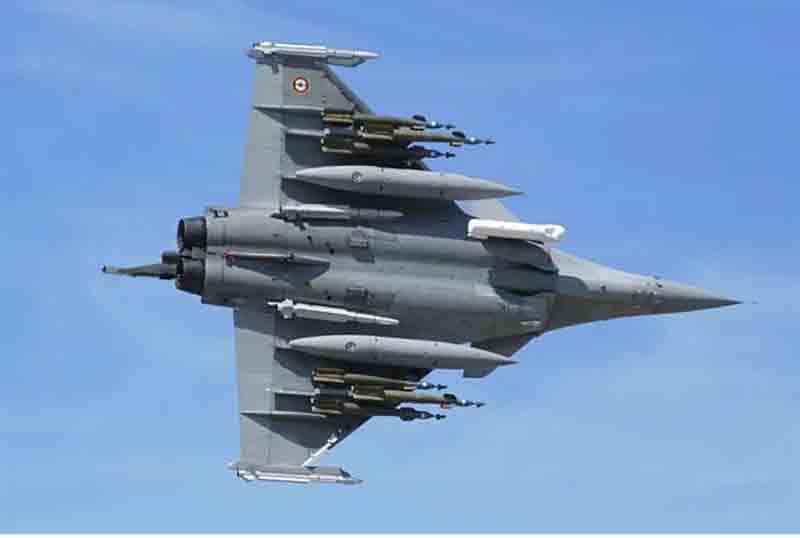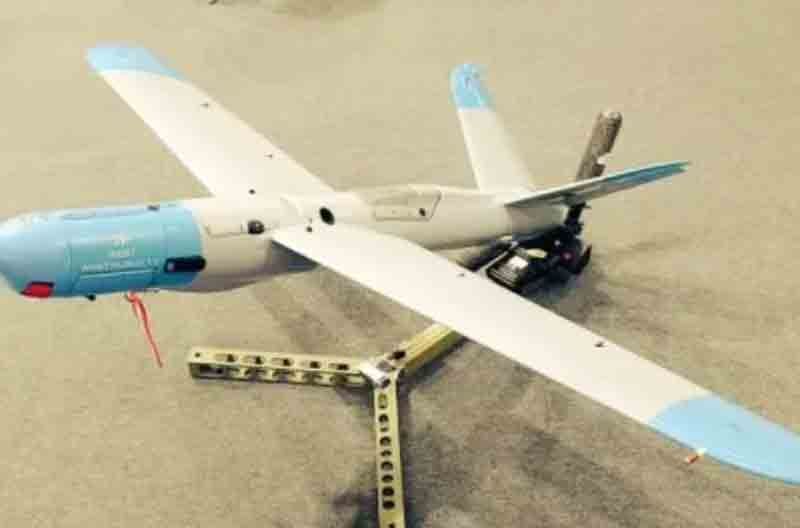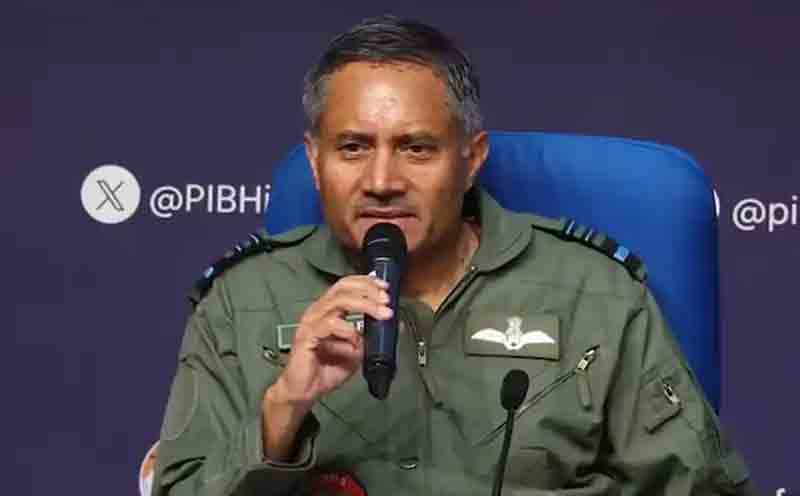Indonesia’s leading defense officials are reportedly evaluating the combat effectiveness of the French-manufactured Rafale fighter jet in light of serious allegations that three Indian Air Force Rafales were shot down by Pakistan‘s J-10C jets during the initial phases of the recent India-Pakistan aerial conflict.
OSINT: New footage suggests mystery engine highly likely M88 (Indian Rafale jet’s engine) based on distinct nozzle screw pattern, not M53 (Indian Mirage 2000’s engine).
Visuals from Bathinda, India.
Source: @RickJoe_PLA pic.twitter.com/V1l6THEZRg
— Clash Report (@clashreport) May 7, 2025
Although Indonesia’s procurement of 42 Rafales from Dassault Aviation, valued at US$8.1 billion, is regarded as one of the most ambitious airpower modernization initiatives in Southeast Asia, Jakarta’s cautious approach indicates a growing concern regarding the aircraft’s untested combat performance in high-intensity conflict scenarios.
Dave Laksono, a senior member of Commission I of Indonesia’s DPR (House of Representatives), which oversees defense and foreign affairs, acknowledged the evolving situation but called for strategic restraint in forming conclusions. He stated, ‘Unverified claims in conflict zones cannot serve as the sole basis for evaluating the effectiveness or failure of a specific weapons system,’ reflecting concerns about the uncertainties of war and the information asymmetry that often complicates early reports.
Laksono further pointed out that even the most advanced aircraft can be susceptible under certain combat conditions, noting that top-tier jets like the F-16, F/A-18, and F-22 have faced incidents of being shot down or crashing due to specific tactical circumstances. Thus, he argued that the Rafale’s performance should not be judged based on a single, unverified incident.
Nevertheless, the Indonesian lawmaker acknowledged that the reported downing of three Rafales by Pakistan Air Force J-10C fighters utilizing PL-15E beyond-visual-range missiles offers ‘valid and constructive’ reasons for operational reassessment.
If proven true, the claims regarding the Rafale shootdown by Pakistan’s J-10C would represent the first verified combat losses of Rafale fighters since their entry into global air forces, marking a notable shift considering the aircraft’s increasing adoption in countries like India, Egypt, the UAE, and Croatia.
In February 2024, the Chief of Staff of the Indonesian Air Force, Air Chief Marshal Mohamad Tonny Harjono, announced that the initial delivery of six Rafales is set to commence in February 2026. As reported by the state news agency ANTARA, the first delivery will consist of three Rafales between February and March, followed by an additional three within the subsequent three months, reflecting Indonesia’s commitment to enhancing its multirole airpower capabilities. These aircraft will be based at two strategically important airbases—Roesmin Nurjadin in Pekanbaru, Riau, and Supadio Air Base in Pontianak, West Kalimantan—both of which are well-situated for Indonesia’s extensive maritime boundaries and potential South China Sea operations.
The original contract signed in 2022 encompasses 42 Rafale fighters, including both single and twin-seat variants, equipped for comprehensive air superiority, precision strikes, nuclear deterrence, and reconnaissance, which aligns with Indonesia’s strategy of flexible response and strategic deterrence.
The reported losses of Rafale jets made international headlines after Pakistan’s Foreign Minister Ishaq Dar announced that five Indian aircraft, including three Rafales, a MiG-29, and a Su-30MKI, were neutralized by Pakistan’s J-10C fleet armed with long-range PL-15E air-to-air missiles. Dar stated, ‘The much-publicized Rafales performed poorly, and Indian pilots evidently lacked the necessary skills,’ directly questioning India’s airpower credibility.
Concurrently, senior CNN correspondent Jim Sciutto revealed that French intelligence sources have verified that at least one Indian Rafale was shot down, with investigations ongoing to ascertain if more were lost. French officials are reportedly examining missile telemetry, radar data, and publicly available visual evidence to establish whether multiple Rafales were neutralized during the conflict, marking a significant event in the aircraft’s operational history.
Adding to the controversy, American intelligence evaluations—according to CNN—determined that one Indian jet was indeed downed by Pakistani forces during the Indian Air Force’s cross-border operation, although Washington has not yet confirmed the specific system employed. In the wake of these events, Dassault Aviation’s stock fell by 9.48% over five days, indicating investor concerns regarding the potential reputational harm to one of Europe’s leading defense exports.
India has not confirmed or denied the loss of its Rafale aircraft. During a press conference, Air Marshal A.K. Bharti remarked, ‘We are in a war scenario. Losses are expected in combat,’ which analysts interpret as a subtle acknowledgment of battlefield losses. This has led regional observers to speculate that India may have lost up to five fighters in the initial phases of the conflict.
The acquisition of Rafales was initially celebrated as a transformative move for the Indian Air Force, with a 2016 agreement securing 36 aircraft for approximately US$8.8 billion. When considering customized upgrades, weapon systems, maintenance, and logistical support, the cost per unit of India’s Rafales reportedly increased to US$218 million, reaching US$289 million when adjusted for 2025 dollars. India reinforced its commitment to the Rafale program by signing a new contract worth US$7.4 billion in April 2025 for 26 Rafale Marine variants—22 single-seat and 4 dual-seat models—intended for operations on the INS Vikrant aircraft carrier. This contract represents the first export of the Rafale Marine and includes advanced maritime armaments, spare parts, and comprehensive support, with deliveries expected to be completed by 2030.
Nevertheless, recent events have raised concerns about the Rafale’s standing as a leading 4.5-generation fighter, which was once considered highly sought after in the global arms market amid rising tensions in Eastern Europe, East Asia, and the Middle East.
Despite these challenges, some defense analysts continue to endorse the Rafale’s capabilities. ‘Rafale is currently one of the best jet fighters in the world… It’s not just about acquiring advanced platforms; you also need the expertise to effectively operate them,’ stated Adhi Priamarizki, a research fellow at Singapore’s S. Rajaratnam School of International Studies.
Air Vice Marshal (AVM) Aurangzeb Ahmed, the Director General of Public Relations for the Pakistan Air Force (PAF), supported the French-made fighter aircraft during his daily briefing, stating: ‘The Rafale is not a poor aircraft. It is a highly capable and effective plane… if utilized properly.’ His comments highlighted that even the most advanced fighter jets are of limited use in combat without a skilled and well-trained pilot, along with the effective implementation of sound tactical strategies.
Discover more from Defence Talks | Defense News Hub, Military Updates, Security Insights
Subscribe to get the latest posts sent to your email.





